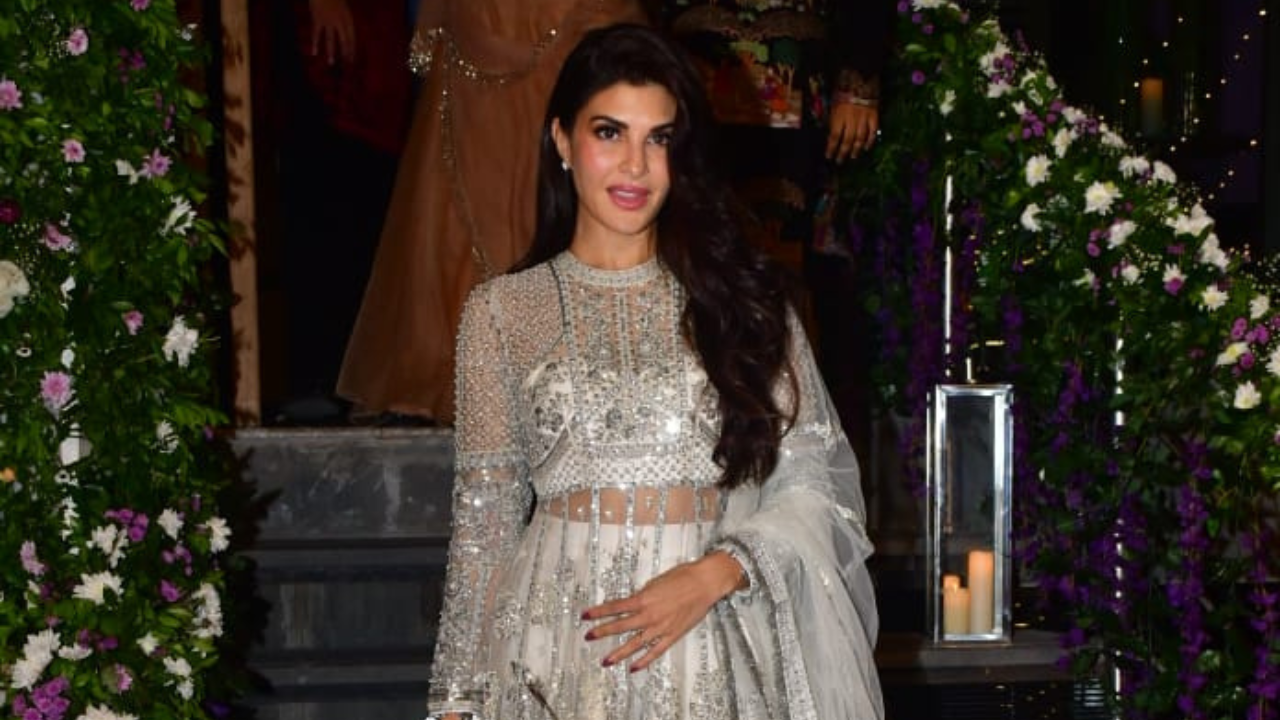The Power of Celebrity Endorsements in the 2024 Campaign
As the 2024 election campaign enters its final week, the stark contrast between the celebrity endorsements of the two leading candidates is becoming increasingly apparent. On one side, Vice President Kamala Harris boasts a lineup that includes music legends like Bruce Springsteen, Taylor Swift, and Beyoncé. On the other, former President Donald Trump has the support of Kid Rock, Waka Flocka Flame, and wrestling icon Hulk Hogan. This divergence not only highlights the candidates’ differing approaches to rallying support but also underscores the Democrats’ strategic reliance on star power to energize their base.
The Celebrity Advantage for Democrats
Historically, Democrats have leveraged celebrity endorsements to create excitement and draw crowds during critical campaign moments. This tactic has become even more pronounced in the era of Trump, where many celebrities have felt compelled to speak out against the Republican leader. The involvement of high-profile figures can transform a standard political rally into a vibrant event, filled with energy and enthusiasm. However, as seen in the 2016 campaign of Hillary Clinton, this strategy can sometimes mask underlying issues with a candidate’s appeal or message.
In the lead-up to the election on October 20, Harris has been actively engaging with a diverse array of celebrities. For instance, music icon Stevie Wonder recently performed in Jonesboro, Georgia, captivating churchgoers with a rendition of Bob Marley’s “Redemption Song.” This was followed by a star-studded rally in Atlanta, where Harris shared the stage with former President Barack Obama, Springsteen, filmmaker Spike Lee, and actor Samuel L. Jackson. Such events not only serve to energize the crowd but also aim to galvanize voter turnout.
Engaging Young Voters
The involvement of celebrities is particularly crucial in appealing to younger voters, a demographic that can significantly influence the election outcome. Minnesota Governor Tim Walz, who is running alongside Harris, has also benefited from this strategy. He recently hosted singer-songwriter James Taylor at events in North Carolina, while Harris and Walz appeared together in Michigan with Maggie Rogers, who performed a five-song set.
Attendees at these events express a blend of civic duty and excitement for the musical acts. Ashley Oberheide, a local resident, emphasized her support for Harris while appreciating the added bonus of musical performances. Similarly, University of Michigan nursing student Audrey Hudson highlighted the dual purpose of attending the rally: fulfilling her civic duty while enjoying the music of an artist she admires. This sentiment reflects a broader trend where young voters feel a stronger connection to candidates through the lens of relatable artists.
A Response to Controversy
The Democrats’ focus on celebrity endorsements also serves as a counter to controversies surrounding Trump. Following a derogatory comment made by comedian Tony Hinchcliffe at a Trump rally, prominent Puerto Rican celebrities like Bad Bunny, Jennifer Lopez, and Ricky Martin publicly supported Harris. With a combined social media following of over 300 million, these endorsements can amplify Harris’s message and reach a wider audience.
Harris’s campaign has launched the "When We Vote We Win" concert series, designed to encourage early voting in key battleground states. Upcoming rallies promise to feature an impressive lineup of artists, including Gracie Abrams, Mumford & Sons, and the renowned norteño band Los Tigres del Norte. Such events are not merely about entertainment; they are strategic efforts to mobilize supporters and create a sense of urgency around voting.
The 2020 Campaign as an Outlier
The 2020 election cycle was a notable exception to the celebrity-driven campaign strategy, primarily due to the COVID-19 pandemic, which limited large gatherings. Instead, celebrities participated in virtual events and social media campaigns to support then-candidate Joe Biden. Despite the challenges, Biden ultimately triumphed over Trump, suggesting that celebrity influence can still play a pivotal role, even in unconventional formats.
Trump’s Celebrity Support
While Trump may not have the same breadth of celebrity endorsements as Harris, he does enjoy the backing of figures who resonate deeply with his core supporters. Celebrities like Lee Greenwood and Dr. Phil McGraw, along with sports figures such as Brett Favre and Antonio Brown, lend their voices to his campaign. However, Trump’s events often center around his own celebrity status, which can sometimes overshadow the contributions of his celebrity supporters.
The Risks of Celebrity-Centric Campaigning
The reliance on celebrity endorsements, while energizing, carries inherent risks. The raucous atmosphere of celebrity-infused events can obscure deeper issues within a candidate’s platform or their connection to key voter demographics. This phenomenon was starkly illustrated during Clinton’s 2016 campaign, where high-profile performances and celebrity appearances failed to translate into electoral success. Despite a star-studded finale featuring icons like Jay Z and Beyoncé, Clinton lost critical battleground states, leading to Trump’s unexpected victory.
As the 2024 campaign reaches its climax, the effectiveness of Harris’s celebrity strategy remains to be seen. The excitement generated by star-studded events may invigorate the base, but whether it translates into votes will ultimately determine the outcome of the election. The interplay of celebrity influence, voter engagement, and the candidates’ messages will shape the final days of this pivotal campaign.

